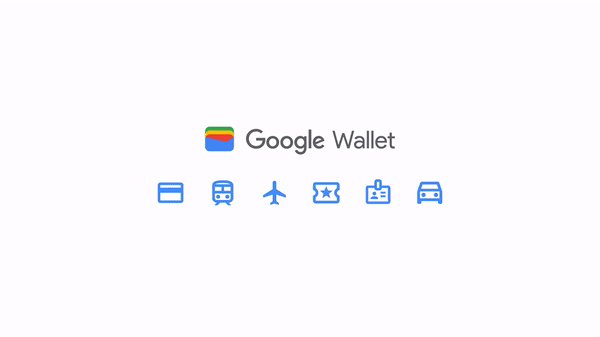Finance Everywhere, Payments
Google launches digital wallet: 5 questions with Payments GM Arnold Goldberg
- Google launched its digital wallet and virtual cards at its latest I/O developer conference, marking its first move in the payments space since the Plex project was scraped late last year.
- Tearsheet spoke with Google's head of payments, Arnold Goldberg, about what this means for the Big Tech's journey in financial services.








